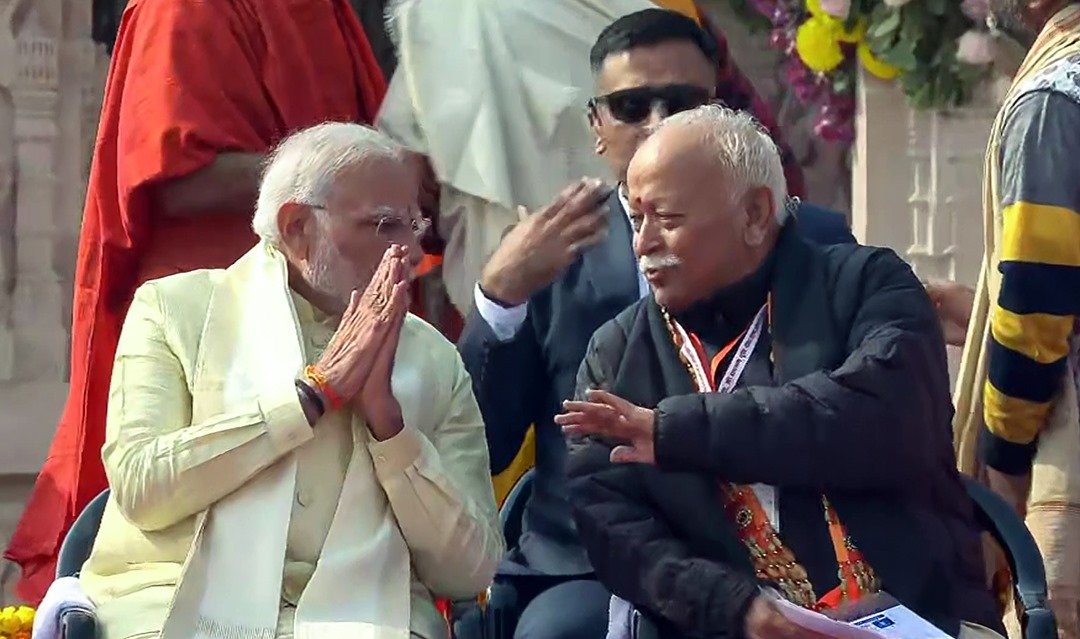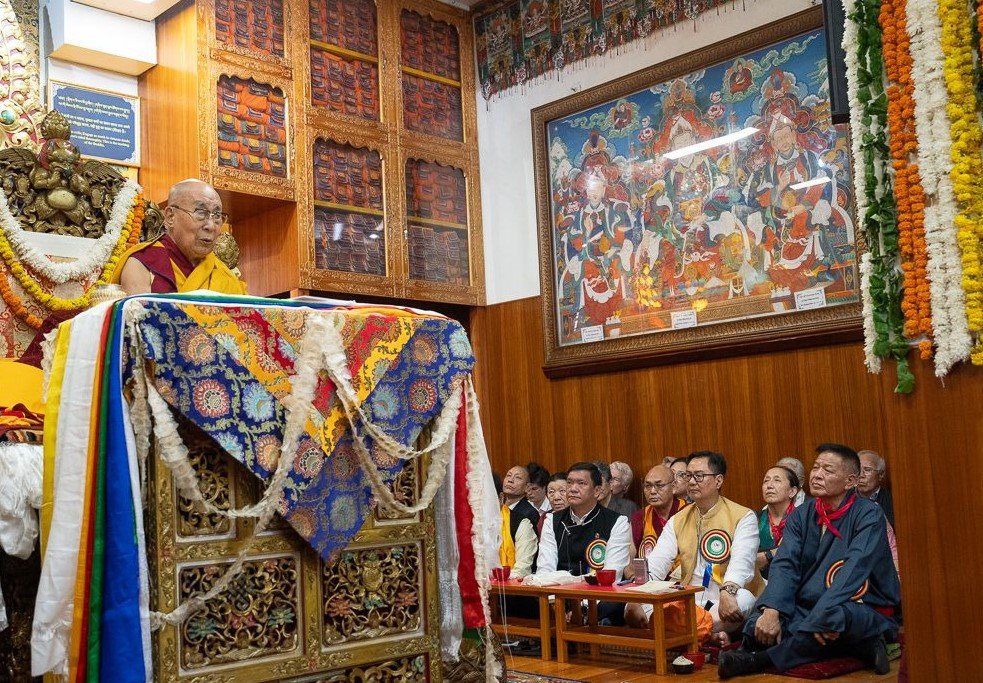The Anti-Corruption Bureau case involving BRS Working President and MLA Mr. KT Rama Rao (KTR), senior IAS officer Arvind Kumar over alleged irregularities in the organization of the Formula E race in Hyderabad in 2023 has sparked serious debate and the IAS community is on a close watch of the proceedngs. The Anti-Corruption Bureau (ACB) has filed a criminal case against these individuals, highlighting the transfer of Rs. 54 crores to Formula E Operations (FEO) without Cabinet approval, including Rs. 45 crores paid by HMDA in alleged violation of RBI guidelines and Rs. 8 crores in taxes.
This situation raises critical questions about the role of IAS officers in such scenarios and whether they should yield to the dictates of political bosses. IAS officers, as part of the Indian Administrative Service, are expected to uphold the highest standards of integrity, impartiality, and accountability. Their primary duty is to serve the public interest and ensure that government policies and programs are implemented effectively and ethically.
In this case, IAS officer Arvind Kumar, then serving as MA&UD Principal Secretary, stated that the payments were made following verbal orders from KTR. This admission underscores the complex dynamics between bureaucrats and political leaders. While it is essential for IAS officers to work collaboratively with elected representatives, they must also exercise their judgment and adhere to legal and ethical standards.
Yielding to political pressure can undermine the credibility and effectiveness of the civil service. IAS officers must navigate these pressures with a firm commitment to the rule of law and the principles of good governance. They should seek written instructions for any directives that appear to contravene established procedures or regulations. This not only provides a clear record of the decision-making process but also ensures accountability.
Moreover, IAS officers should leverage their expertise and experience to advise political leaders on the potential consequences of their decisions. By providing informed and objective counsel, they can help mitigate risks and promote transparent and responsible governance.
In conclusion, while IAS officers must collaborate with political leaders, they should not compromise their integrity or the principles of good governance. Upholding the rule of law and maintaining accountability are paramount. In situations where political directives conflict with legal or ethical standards, IAS officers must stand firm and seek to resolve such conflicts through appropriate channels. This approach not only protects their professional integrity but also serves the broader public interest.


